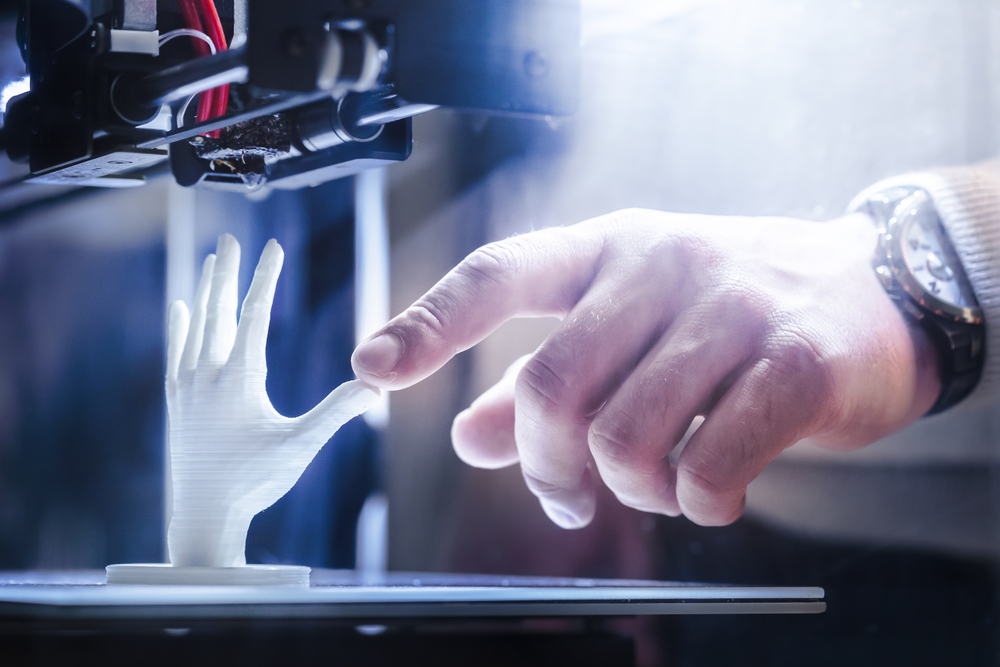Whereas the vast majority of the world is focused on 3D printing, some scientists and engineers are looking at the fourth dimension. Georgia Tech is one of the first institutions to allow for shapeshifting 3D printing. This technology is known as 4D printing, as it allows objects to change shape once it comes off the printing bed. An intriguing development, especially when considering how objects can transform through the use of heat.
4D Printing Will Be The Next Frontier
While 3D printing is quite appealing to a lot of consumers, not all of the prints come out the way creators would like. It would be quite useful to make objects transform into something more suitable after the 3D printing process is complete. This is where 4D printing comes into the picture, as the technology allows for transforming 3D printed objects into a different shape.
Up until this point, this process has been somewhat successful through the use of hydrogel. However, this process is both slow and non-permanent, which makes it more of a gimmick than an actual breakthrough. Georgia Tech has found a different solution which relies on the application of heat. In the span of five seconds, a polymer object can transform into something else.
Not only is the application of heat a more sensible solution, but it also speeds up the shapeshifting process. In a matter of mere seconds, a polymer object shifts into something else while retaining the new shape permanently. In the video shown below, one can see how a 3D printed flat flower curls itself up into something that looks a bit more lifelike. This is just an example of what 4D printing can achieve, though.
What is even more interesting is how the final shape of 4D printing can be somewhat determined during the printing process. By determining proper printing parameters and the arrangement of structure, it becomes possible to obtain the desired result with relative accuracy. This helps in simplifying the 4D printing process as a whole, which means this technology may be made available to consumers in the coming years.
Speaking of which, there is no indication 4D printing will be done outside of science labs any time soon. Georgia Tech, as well as other major US universities are still experimenting with this technology. More refinements to the 4D printing process will allow the concept to grow better and become more appealing. Although a lot of significant progress has been made already, there is always room for future improvements.
Use cases for 4D printing will be hard to come by. One of the obvious industries prone to such a technological marvel is the healthcare sector. To be more specific, a spokesperson mentioned how biomedical devices could be of interest since they come in contact with the heat of a human body automatically. Healthcare has shown affinity to adopting new technologies as there are quite a few companies experimenting with VR already. It will be interesting to learn what 4D printing is capable of in the future.
If you liked this article, follow us on Twitter @themerklenews and make sure to subscribe to our newsletter to receive the latest bitcoin, cryptocurrency, and technology news.

